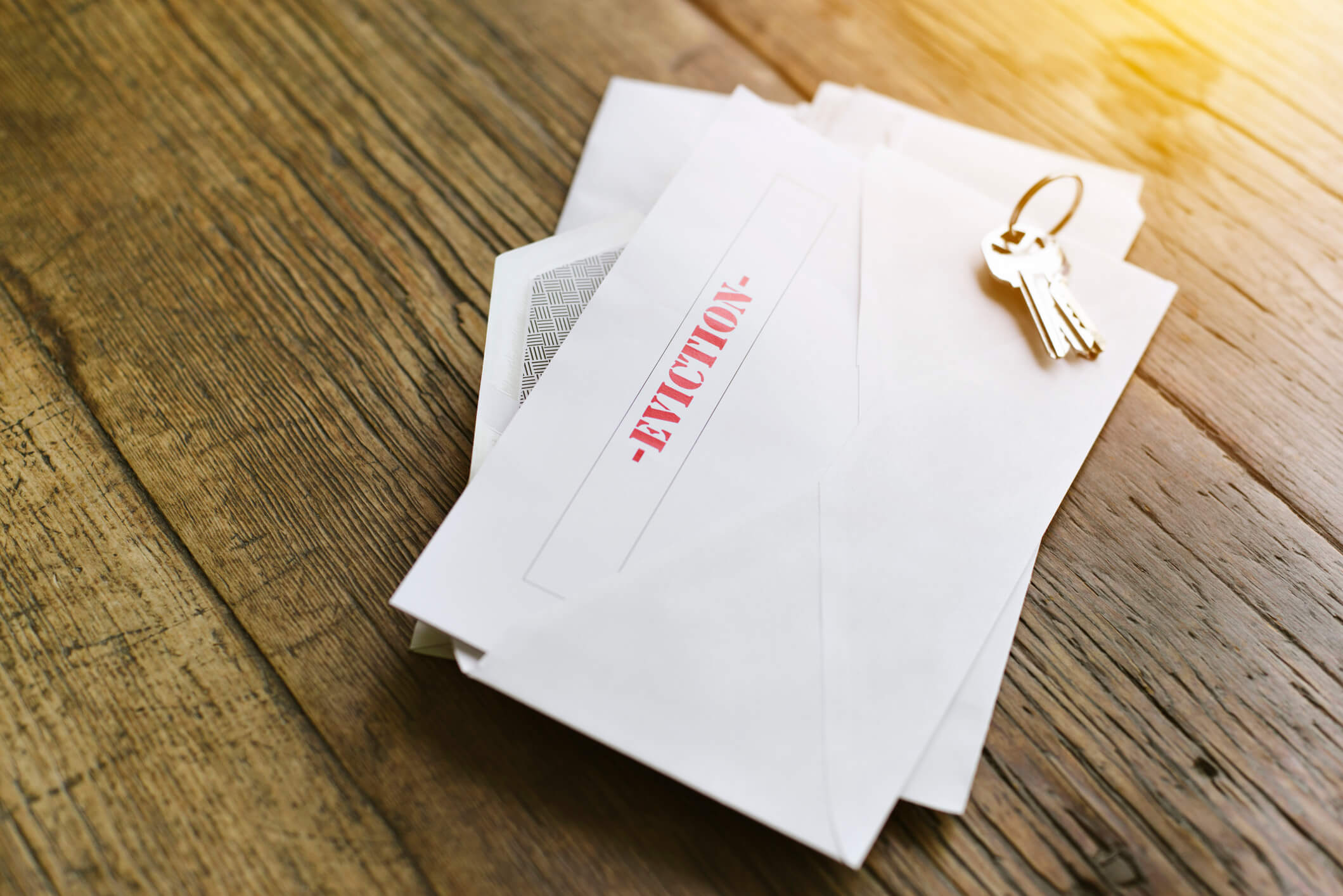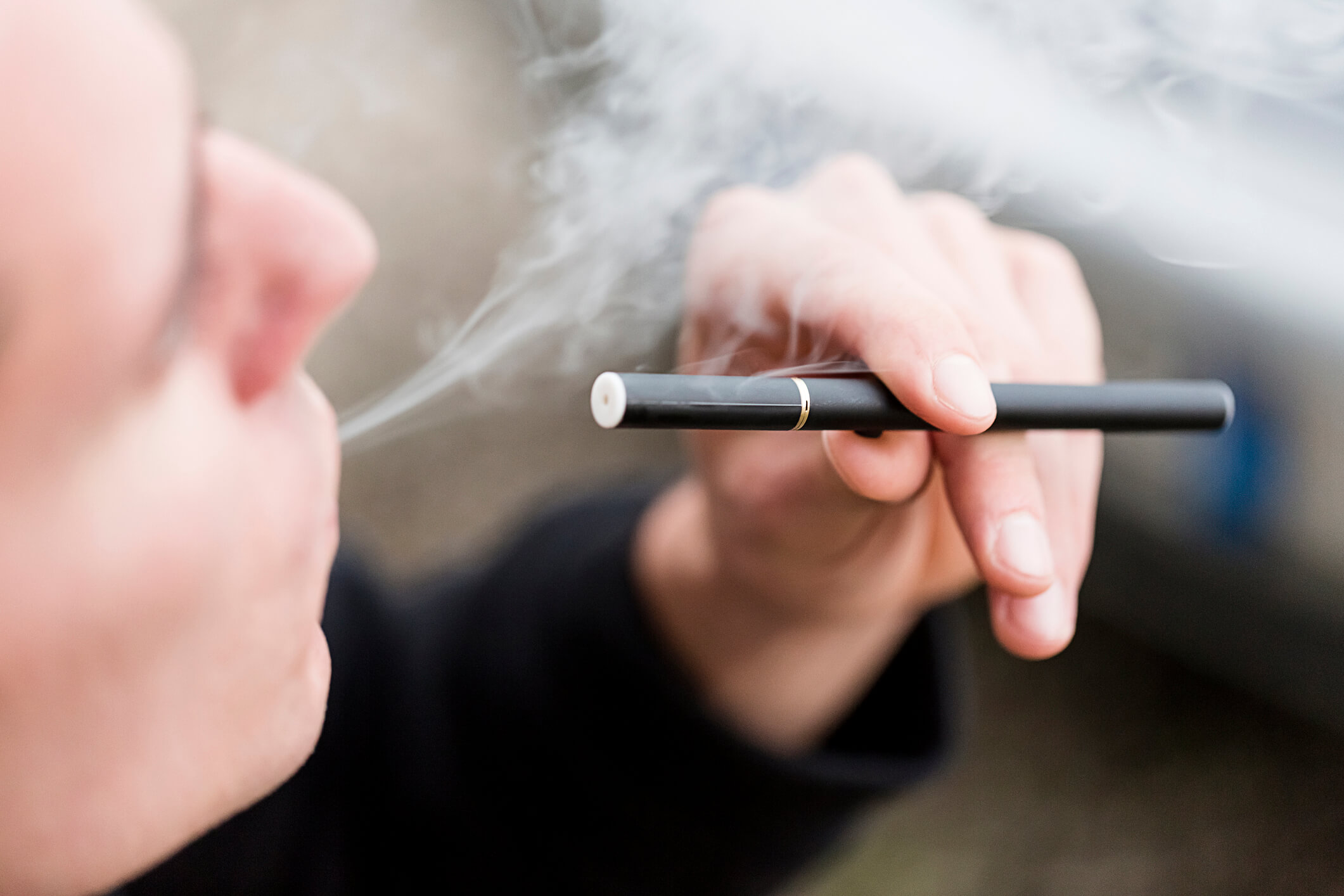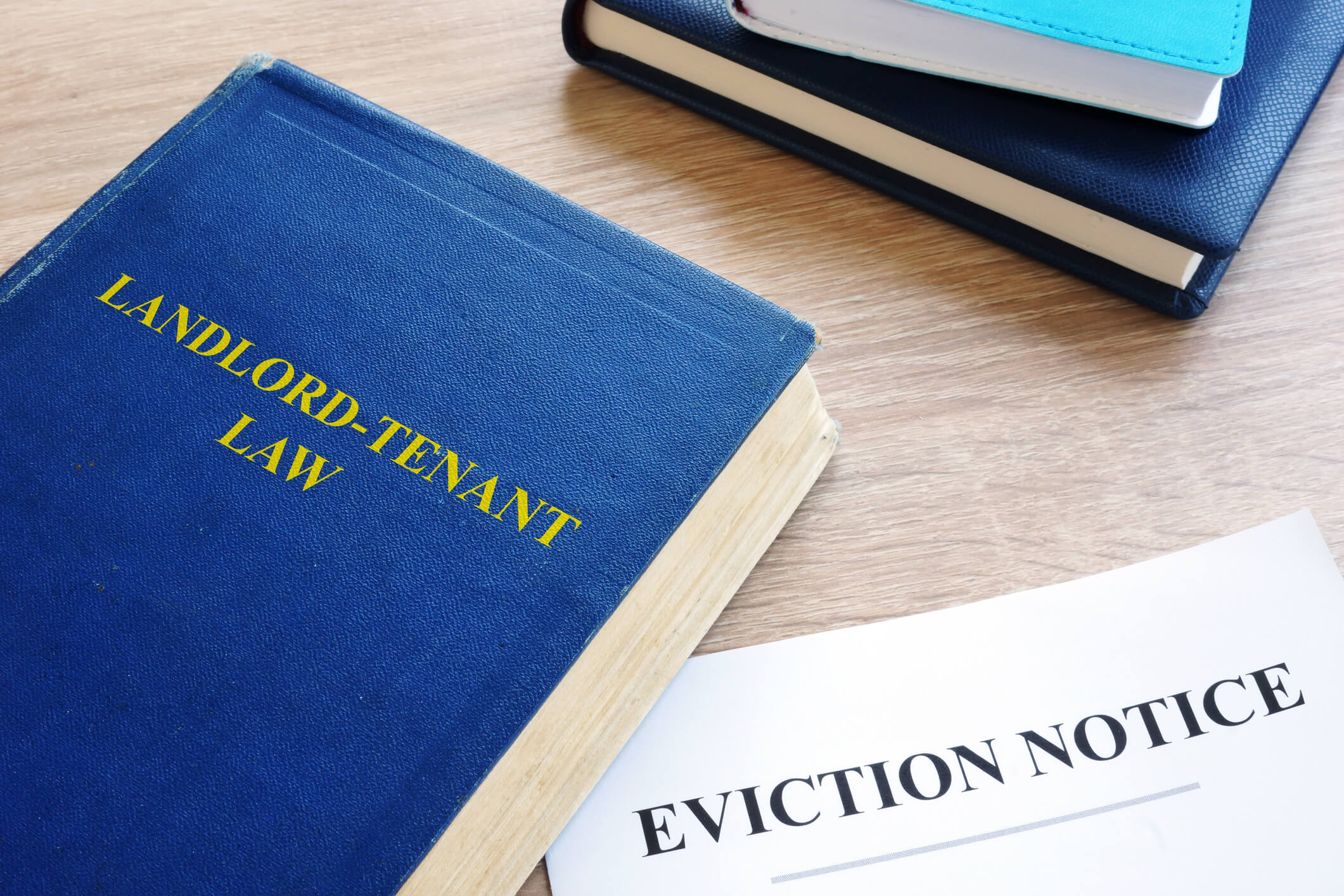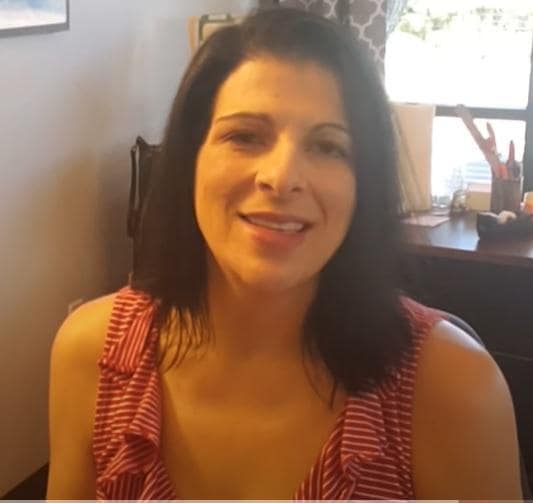 With “no-cause” evictions being deemed as unlawful and unfair, this leaves landlords needing “for cause” reasons on eviction proceedings.
Knowing the reasons why you can evict can help you navigate the eviction process in Phoenix. Below are several causes that call for a legal eviction.
With “no-cause” evictions being deemed as unlawful and unfair, this leaves landlords needing “for cause” reasons on eviction proceedings.
Knowing the reasons why you can evict can help you navigate the eviction process in Phoenix. Below are several causes that call for a legal eviction.
6 Reasons You Can Start an Eviction Process in Phoenix
1. Noise Complaints
Under Arizona law, tenants must abide by the duty known as “the covenant of quiet enjoyment.” This means that tenants must live peacefully, especially in multi-family units, and without interfering with neighbors. In terms of noise complaints for Phoenix evictions, the specific violation is a noise that affects health and safety. The landlord or property manager may approach the tenant with a warning, otherwise known as a Cure and Quit notice. Two options include allowing the tenant to correct the problem in five days, or start the eviction process. Arizona does not clearly define what is considered as noise disturbances. If the eviction process is followed through, the judge will likely use common sense. Typical daytime noises such as footsteps or plumbing won’t usually result in eviction. However, excess noise levels that especially occur at night or disturb sleep is a cause of a violation or eviction.2. E-Cigarette Use
 Smoke-free policies are allowed in Arizona rental properties. Common areas such as laundry rooms or lobbies must remain smoke-free.
E-cigarettes and vaping are not considered tobacco products in Phoenix. They are defined as a vapor product but they emit secondhand aerosol. It contains nicotine and low levels of toxins that are linked to cancer.
People exposed to the aerosol absorb nicotine. Along with the other elements inside of the aerosol, it can cause respiratory distress.
While you may not have a specific clause for e-cigarette usage, there may be a nuisance clause on secondhand smoke. If other tenants are reporting the aerosol as a nuisance, you can approach the tenant to stop the behavior or face possible eviction.
Smoke-free policies are allowed in Arizona rental properties. Common areas such as laundry rooms or lobbies must remain smoke-free.
E-cigarettes and vaping are not considered tobacco products in Phoenix. They are defined as a vapor product but they emit secondhand aerosol. It contains nicotine and low levels of toxins that are linked to cancer.
People exposed to the aerosol absorb nicotine. Along with the other elements inside of the aerosol, it can cause respiratory distress.
While you may not have a specific clause for e-cigarette usage, there may be a nuisance clause on secondhand smoke. If other tenants are reporting the aerosol as a nuisance, you can approach the tenant to stop the behavior or face possible eviction.
3. Medical Marijuana Usage
In Arizona, recreational marijuana is illegal but medical usage is allowed under Proposition 203. Medical marijuana usage is a gray area in many cases. According to Rental Housing Journal, you may prohibit medical usage even if the tenant is using it legally. This is because it’s your right to protect your property and marijuana is still federally illegal. On a federal level, the law does not recognize the difference between recreational and medical marijuana. Be sure to clearly outline what is expected of medical marijuana usage in your rental property. Having this information on the lease will allow you to take action if necessary. Keep in mind if a tenant has medical marijuana in their possession without a medical license, this is a possible felony offense.4. Landscape Damage
When the tenant moves in, there should be written reports of any existing damages that both parties acknowledge. If you discover new damage, such as excessive landscape damage, you may file a Notice to Quit. However, for the cause of eviction, the damage is intentionally caused by the tenant by their gross negligence. You may offer the option for the tenant to pay and fix the damages. You can also deduct the money from their security deposit. If the issue remains unresolved after your Notice to Quit, you can consider moving forward with an eviction.5. Unpaid Rent
In Arizona, most evictions are the result of unpaid rent. Not only are tenants evicted for not paying rent, but they are also evicted for being habitually late with their payments. There is also no provision in Arizona that allows a tenant to withhold rent. This includes an oral dispute or a landlord breaking an oral promise. If a tenant does not pay rent on time, you can terminate the lease if it is not paid within five days. On day six, if the payment is still not received, a landlord can file a suit for eviction. Under normal circumstances, the inability to pay rent is not a legal defense to the eviction. However, keep in mind that COVID-19 temporarily changed the eviction process under the governor’s orders. Because of this order, evictions are down more than 60% compared to last year for unpaid rent reasons. Furthermore, the tenant has options to avoid eviction. In Arizona, a tenant may catch up and pay their entire balance in full in addition to late fees and attorney fees. If the tenant manages to come up with the money before judgment, they can avoid eviction for unpaid rent.6. Unauthorized Pet
 Most landlords have pet policies enforced before the tenant moves in.
However, sometimes tenants will bring an unauthorized dog, cat, or other pet on the premises.
How do you handle unauthorized pets?
In the state of Arizona, an unauthorized pet is considered a material non-compliance.
In this instance, the property owner must give the tenant 10 days to remove the pet from the premises. This allows the tenant to come into compliance.
If the tenant does not remove the pet at your request, a lawsuit may be filed on the eleventh day.
Most landlords have pet policies enforced before the tenant moves in.
However, sometimes tenants will bring an unauthorized dog, cat, or other pet on the premises.
How do you handle unauthorized pets?
In the state of Arizona, an unauthorized pet is considered a material non-compliance.
In this instance, the property owner must give the tenant 10 days to remove the pet from the premises. This allows the tenant to come into compliance.
If the tenant does not remove the pet at your request, a lawsuit may be filed on the eleventh day.
Notice to Cure or Quit
Before Phoenix evictions can begin, a notice to cure or quit is given to the tenant. This gives tenants the opportunity to rectify a situation before eviction. In Arizona, tenants are allowed 5 days for violations that materially affect health and safety. They get 10 days for other violations within the lease agreement. With this notice, tenants can choose to correct the problem without facing eviction. Even if the eviction process begins, there is still a chance that the tenant may keep their home.Which Evictions in Phoenix Are Curable?
Although all of the instances above could end in eviction proceedings, most are considered “curable” under the law. For example:- Noise complaints can be rectified by turning down the TV or stereo volume
- an unauthorized pet can be approved to stay with fees paid or removal from the premises
- Landscape damage can be corrected
- Unpaid rent can even be paid with late fees.
New Coronavirus Eviction Proceedings
As mentioned above, Governor Ducey put an order to delay evictions that are related to coronavirus circumstances. However, it’s a misconception that evictions aren’t happening. Executive order 2020-14 allows a constable the power to delay an eviction. If a tenant provides the constable with the reason why they are being evicted with a cause related to Coronavirus, the constable can determine if a delay is necessary. These orders are in effect until July 2020. An attorney is able to challenge a constable’s determination, but the constable cannot challenge a judge. A landlord may still move forward with an eviction on the sixth day, but the process may look different or take longer.How Professional Property Management Can Help with Evictions in Phoenix
 When considering an eviction with current tenants, it is imperative to seek counsel to ensure you have covered your bases. You must also have proper documentation and back-up to win your case.
When choosing Real Property Management Phoenix Valley, know that you are working with trusted and tenured property managers. When necessary, we’ve seen property owners through the eviction process in Phoenix.
With our guidance and expertise, you can feel certain that tenant troubles are handled quickly and professionally. Please contact us regarding professional property management services for your Phoenix property.
When considering an eviction with current tenants, it is imperative to seek counsel to ensure you have covered your bases. You must also have proper documentation and back-up to win your case.
When choosing Real Property Management Phoenix Valley, know that you are working with trusted and tenured property managers. When necessary, we’ve seen property owners through the eviction process in Phoenix.
With our guidance and expertise, you can feel certain that tenant troubles are handled quickly and professionally. Please contact us regarding professional property management services for your Phoenix property.

